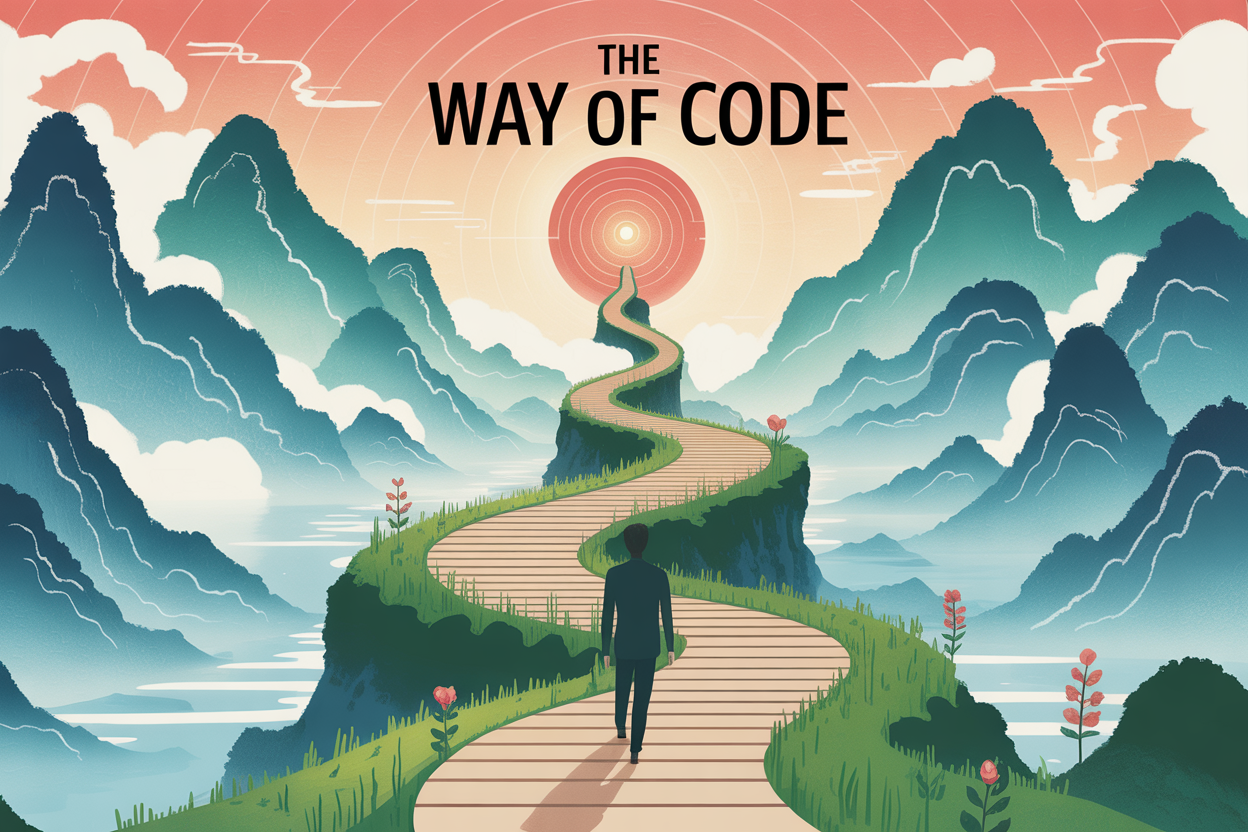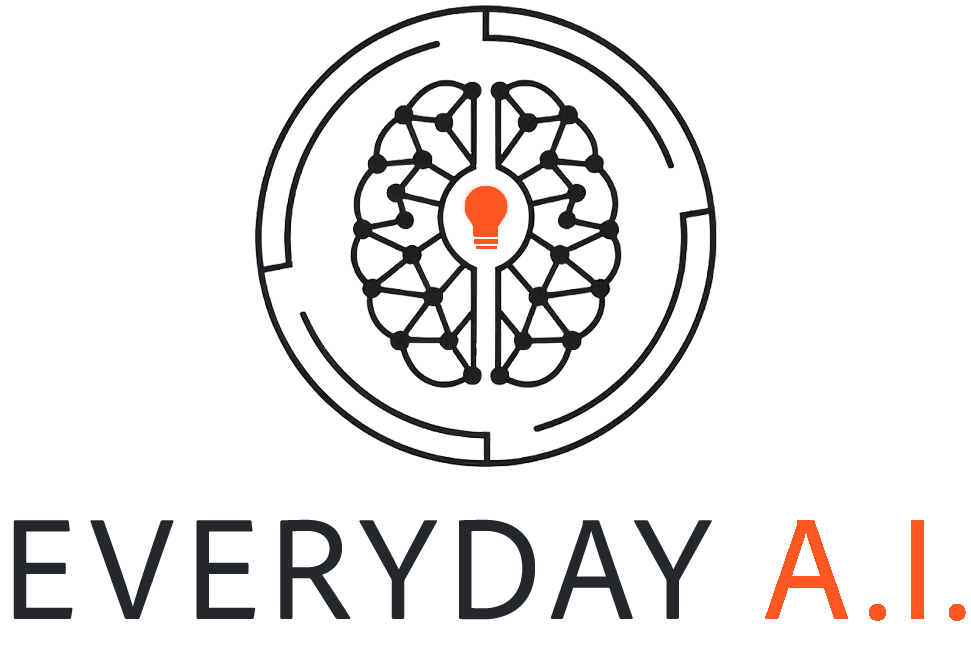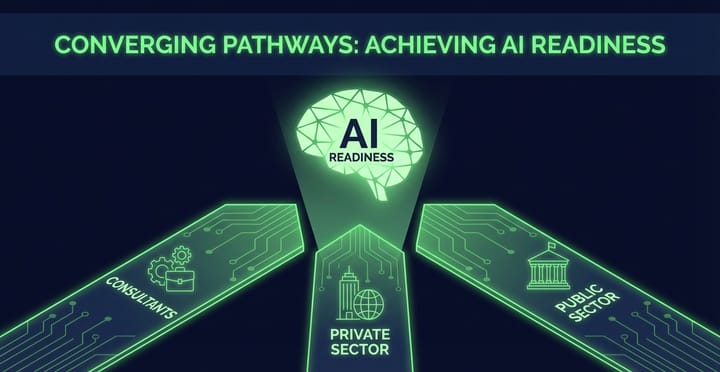The Way of the Code: Ancient Wisdom Meets Modern Programming

Ever wondered what an ancient Chinese philosopher and a legendary music producer could teach us about writing better code? Buckle up, because we're about to dive into one of the most fascinating intersections of ancient wisdom and modern technology.
When East Meets IDE
Rick Rubin, the music producer behind countless hits, has adapted Lao Tzu's Tao Te Ching into what he calls "Vibe Coding." This isn't your typical "clean code" manifesto – it's a philosophical approach that might just change how you think about programming.
Check out the complete adaptation here
The Three Pillars of Vibe Coding
1. Embrace the Void
Remember that feeling when you're staring at a blank editor? That's not emptiness – that's potential. As Rubin adapts: "The code that can be named is not the eternal code." Sometimes, the best solutions come from embracing simplicity rather than forcing complexity.
2. Flow Like Water
"The highest good is like water," goes the ancient wisdom. In coding terms? Your solution should naturally adapt to the problem space. No forcing square algorithms into round requirements. Good code, like water, finds its natural path.
3. Silent Leadership
Here's a mind-bender: "The Vibe Coder works in silence. When the work is accomplished, the team says, 'Amazing. We did it all ourselves.'" It's not about ego or claiming credit – it's about creating something that works so naturally that it seems effortless.
The Practical Take
This isn't just philosophical fluff. These principles translate into tangible practices:
- Write code that's simple enough to be "obvious"
- Focus on the problem, not the praise
- Let go of over-engineering
- Trust in the process, not just the outcome
Wrapping Up
While we can't all become coding philosophers overnight, there's something powerful about bringing mindfulness to our craft. As Rubin reminds us: "Success is as dangerous as failure. Hope is as hollow as fear." Maybe the key to better code isn't in the next framework or tool, but in how we approach the craft itself.
Reference: Based on Rick Rubin's adaptation of Lao Tzu's Tao Te Ching
Pro tip: Next time you're stuck on a problem, try stepping back and letting the solution reveal itself. As the ancient wisdom goes: "Do by not doing, and there is nothing that cannot be done."



